José Luis Guardiola Bárcena, head of the Plant Biology Department of the Polithecnical University of Valencia since its creation in 1986 and until his retirement in September of 2009, passed away on May 22, at the age of 67, in Valencia, after a long illness. His talent for the good and honest scientific work, his lively frame of mind, and his disposition to teach, has been an example for the numerous researchers from very diverse countries who worked with him.
José Luis Guardiola was born on March 5, 1943, in Valencia, Spain, son of Leandro Guardiola and Carmen Bárcena. He graduated first at Agronomy in the High Technical School of Agronomy of Valencia in 1966. In 1970, he obtained a Ph.D. from the University of Sussex (UK), and in 1971 a Doctorate in Agronomy from the Polytechnic University of Valencia.
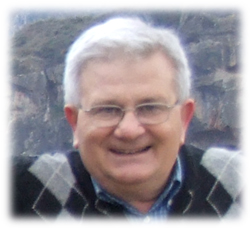
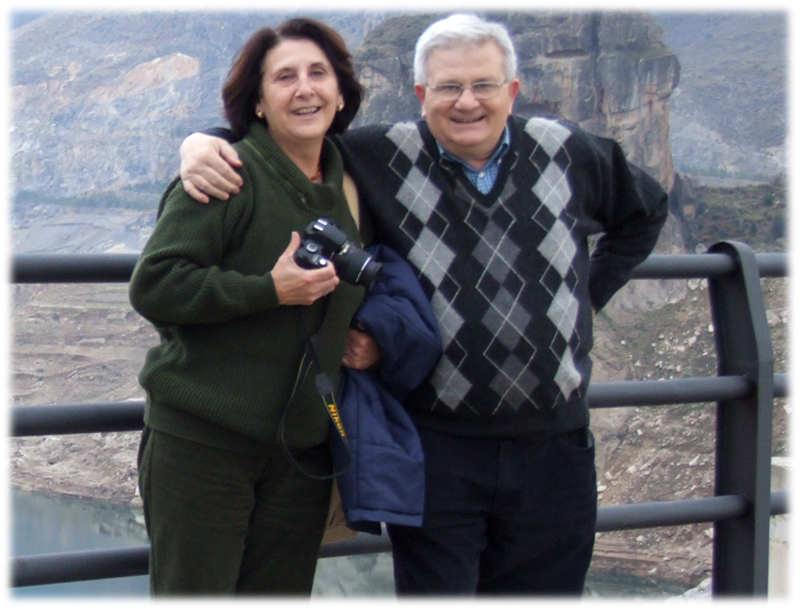
His professional and scientific career was begun in the National Institute of Agronomic Research, in Valencia (1970-1975) and in 1975 he became Professor of Plan Physiology in the Polytechnic University of Valencia, and in 1986 head of the Plant Biology Department in the same University. His educational labour was developed in the High Technical School of Agronomy, and was the Director of this School from 1978 to 1983. As a result of his efficient management, sometimes he was requested to be chancellor or vice-chancellor of the Polytechnic University. However, his choice was to work full-time in teaching and making an honest scientific work.
His educational labour in Plant Physiology and in Citriculture contributed to train agronomists and researchers, mainly biologists, during more than 30 years. It is necessary to emphasize the design, starting and direction of an International Master of Citriculture. He was teaching for this Master during 24 years, and more than 300 students of very different countries have been trained thanks to this international course.
Most of his research has been centred on the physiology of the flowering and fruit set in Citrus. However, during more than 10 years he was also working about the physiology of the flowering in saffron, and the last five years he was involved in the study of abiotic stress in crop plants.
He was a prestigious researcher on Citriculture and due to his great knowledge about the factors influencing the flowering and fruit set, a lot of researchers, coming from very diverse countries in which citrus are cultivated, went to Valencia to develop their research work with him. People from Albania, Algeria, Brazil, Costa Rica, Colombia, Cuba, Florida, Israel, Italy, Morocco, Mexico, Portugal, South Africa, Turkey, Uruguay, Venezuela or Japan were working in his team. Everyone curios to know and with enthusiasm was welcome and he supervised their work.
His research work in tandem with his wife, expert on Anatomy, and in collaboration with a lot of researchers from Spain and from other countries, lead to more than 150 experimental and review articles in International Journals and Proceedings of Congress. In 1997, he organized the 8th International Symposium on Plant Bioregulators in Fruit Production in Valencia. He was member of the Editorial Advisory Board of some scientific national and international journals. He was technical adviser for different governmental organizations of Spain, Israel, South Africa and EEUU. His professional advice also helped to citrus cooperatives.
In collaboration with the General Company of Saffron of Spain, he directed the first work about extending the harvest period in saffron. They got saffron flowering during six months under controlled greenhouse conditions, while in the traditional cultivation the flowering period is of fifteen days.
In the First International Symposium of Saffron, he got in touch with some researchers of this field and he was one of the strongest promoters of a European collaborative project in saffron: The CROCUSBANK project, with the aim to collect, multiply and characterize germplasm of saffron and allies (Crocus spp.). Partners of 13 different countries are involved in it. His know-how, his warmness, disposition to teach, and his human quality will be remembered by them.
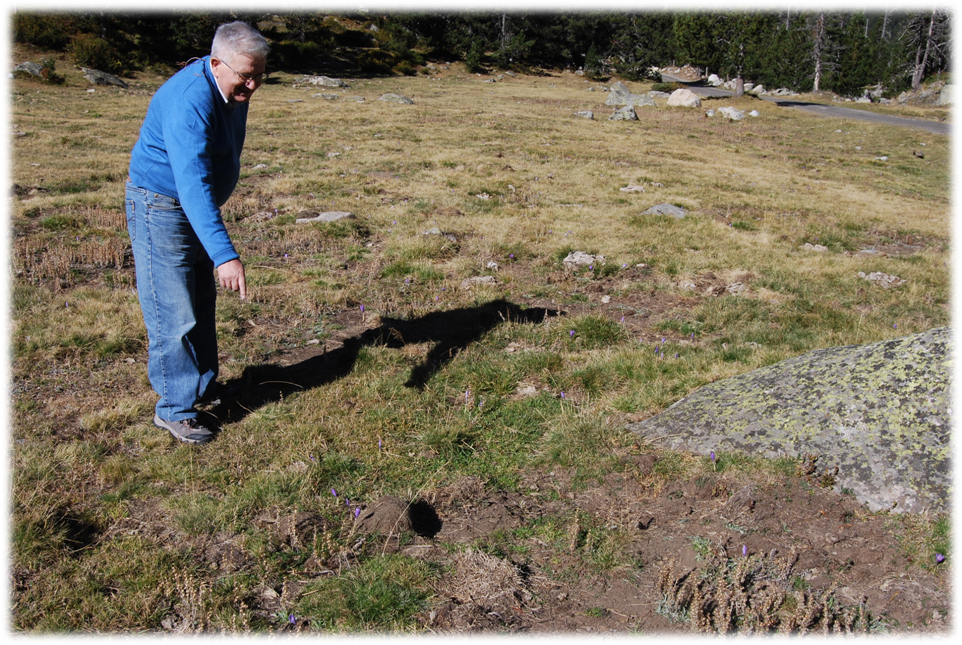
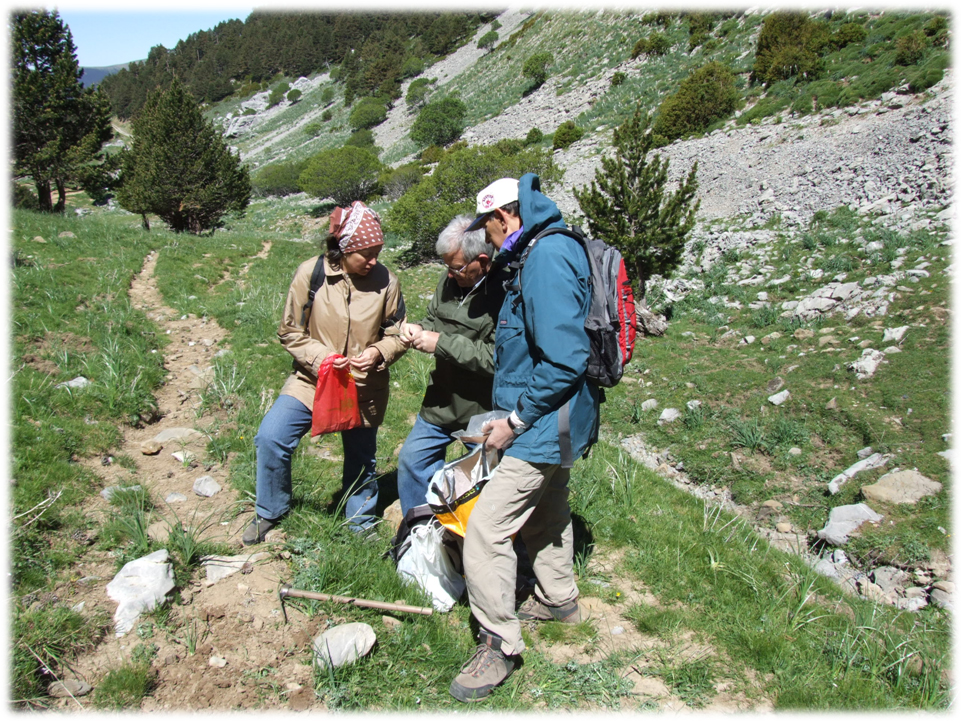
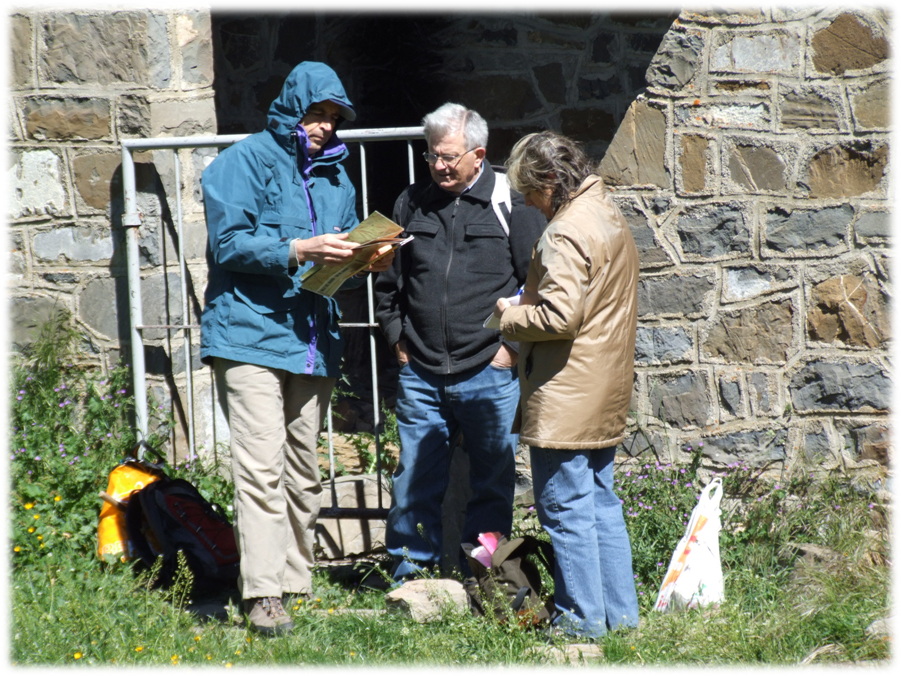
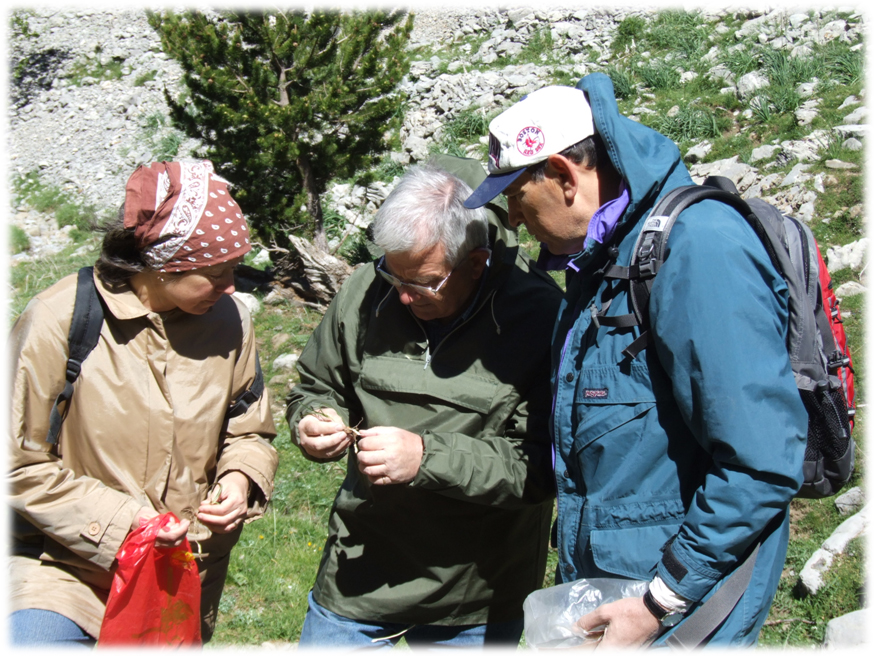

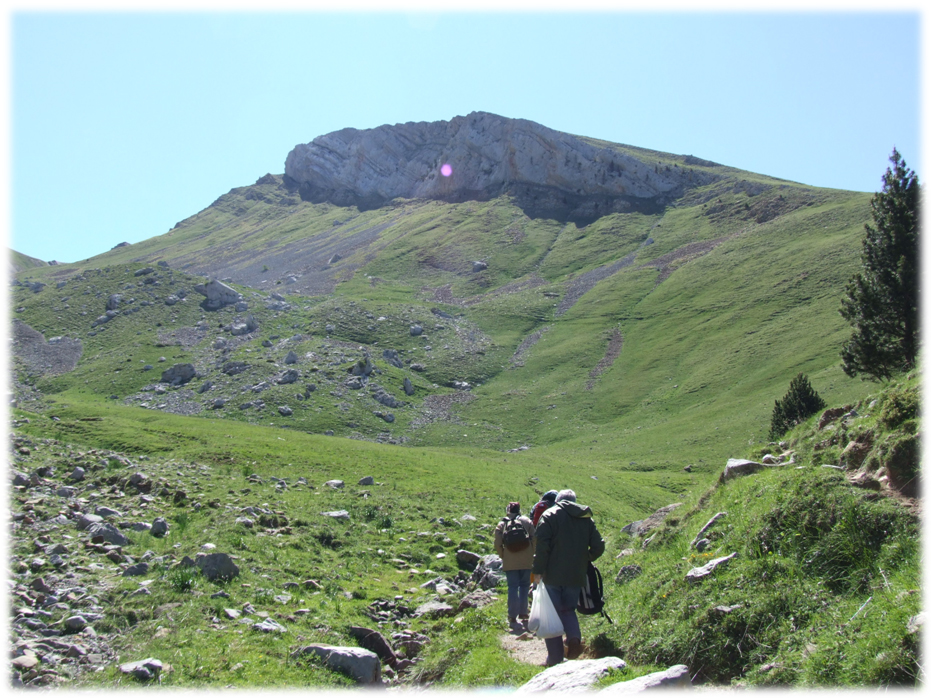
He also worked on the role of bioregulators on the photosynthesis and growth of crops under abiotic stress. This work was integrated in a European project coordinated by Bayer Crop Science A.G. with six partners, 3 European Companies and 3 Universities or Research Institutes. His work is being continued by his team.
Due to his passion for his work and also due to the friendly relationship with his co-workers, to guarantee the continuation of his research team was one of the main goals until his last days. His attitude and frame of mind will be a model for all the people of his team.
Dr. Guardiola was married to Amparo García-Luis who has been his co-worker and support for many years, and leaves three sons, Javier, Carlos and José Luis, plus four grand children, two girls and two boys. He felt a lucky man having them around. It has been a privilege to be friend of a man with such scientific and human quality, courage in the no always honest university world, and sense of humour. His teaching and contributions will live forever but we are desolate by this loss.
Dear José Luis, rest in peace.
Dr. Rosa-Victoria Molina
Universidad Politécnica de Valencia.

